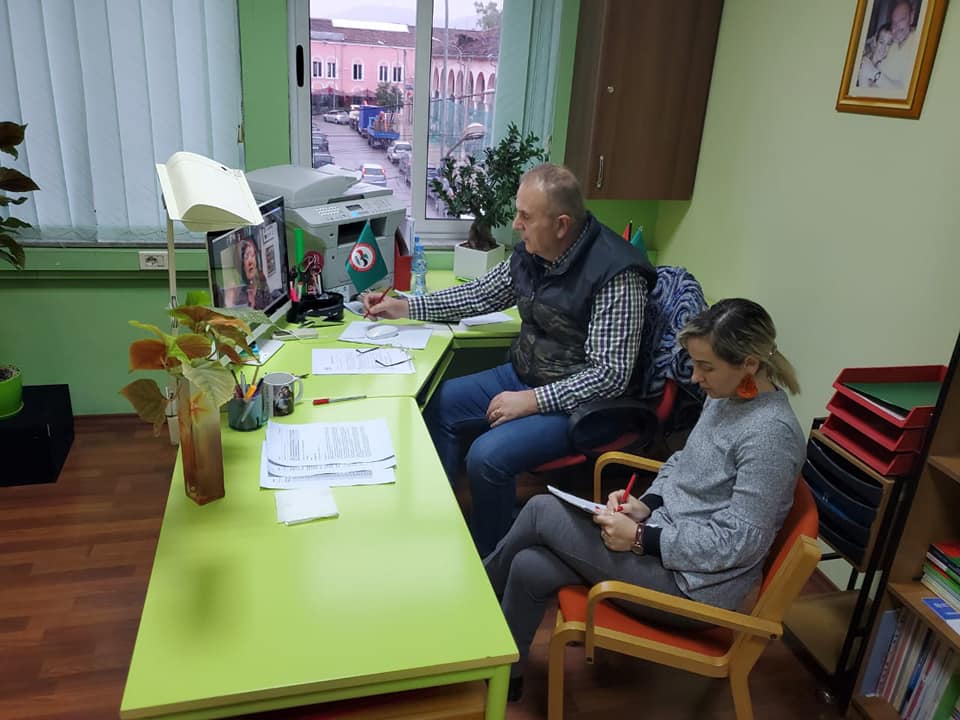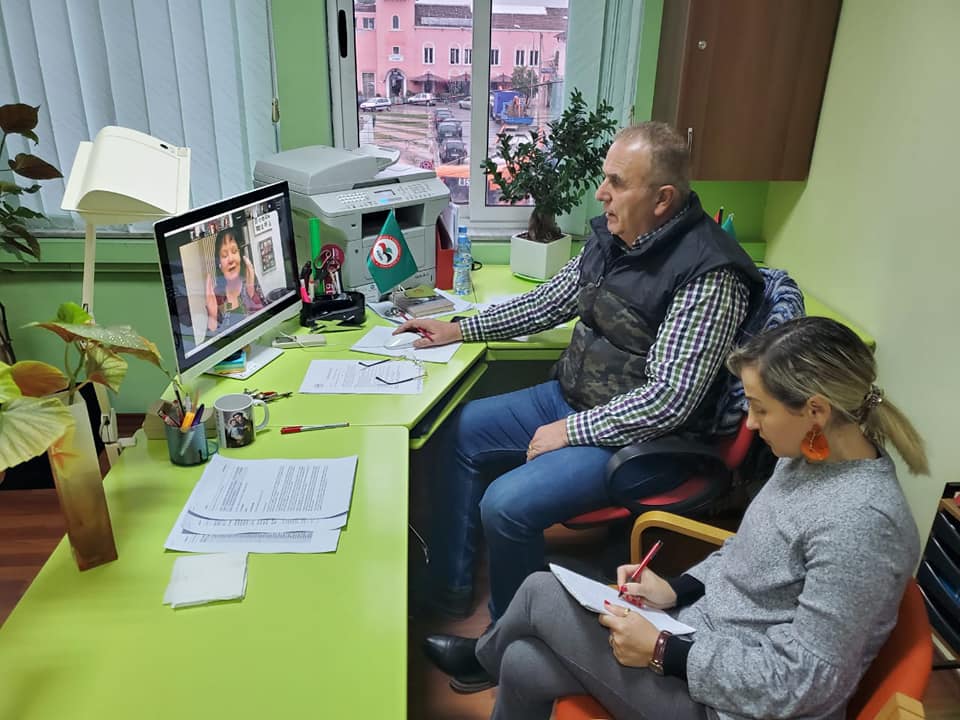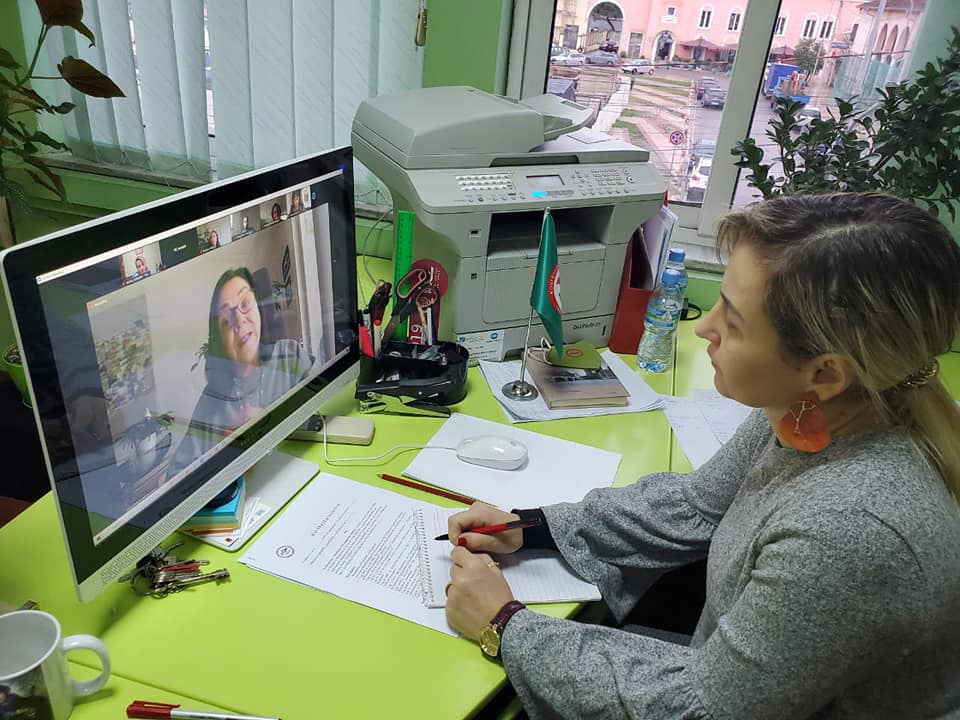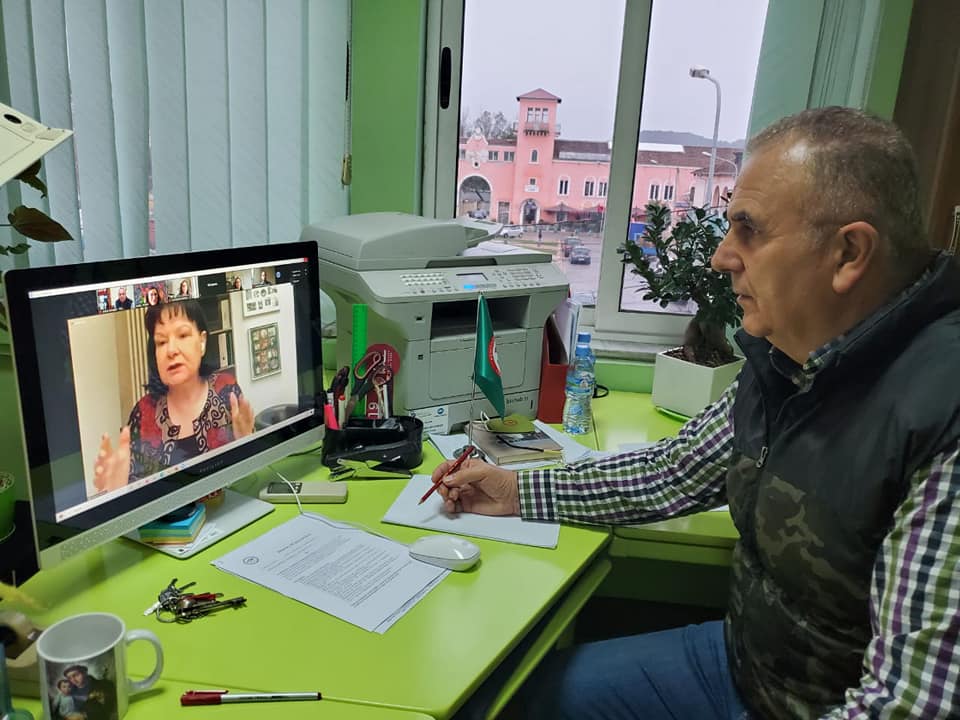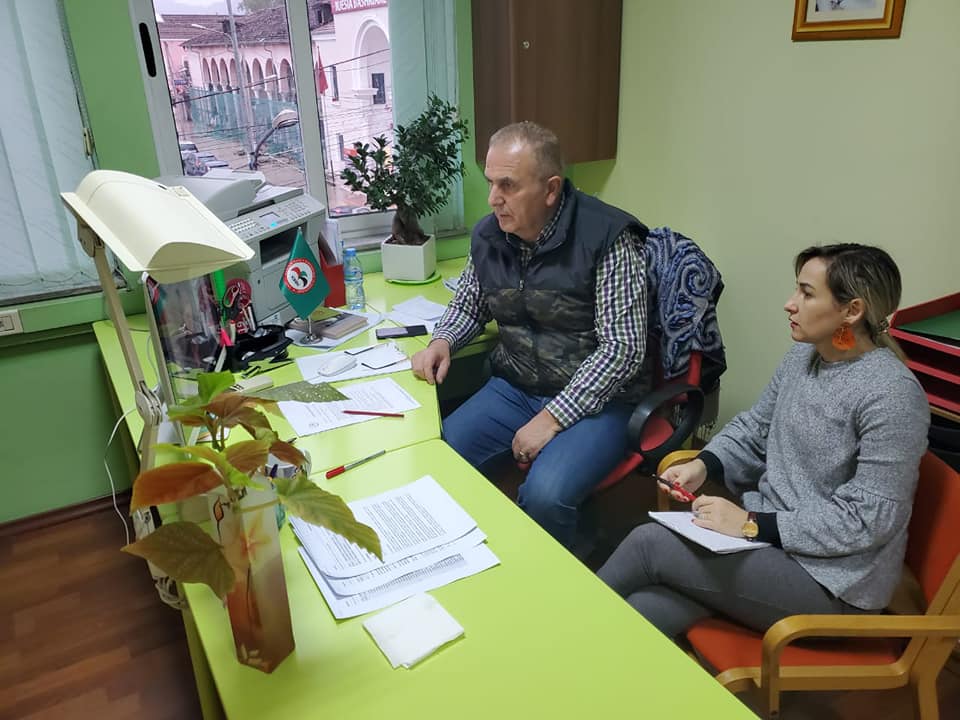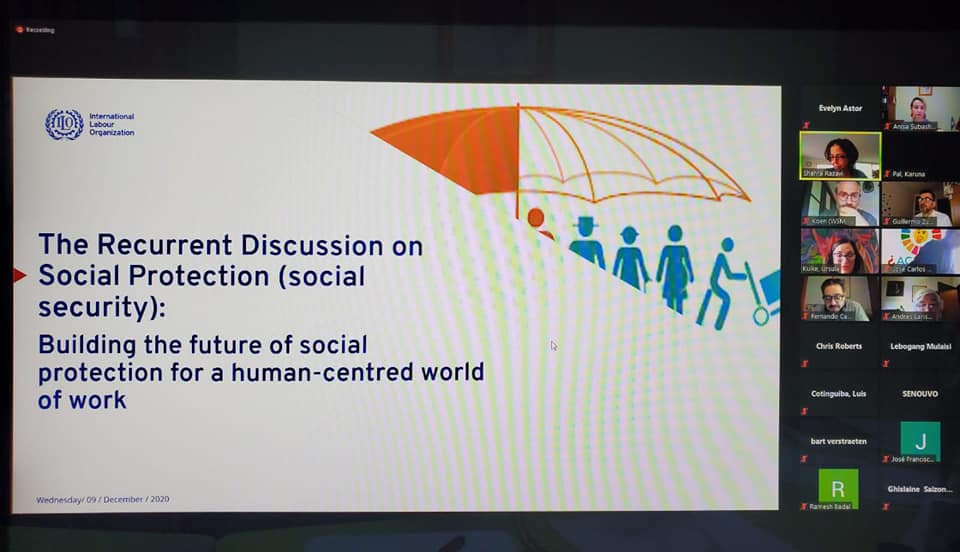The “Fourth Annual Meeting of the Network for Social Protection, Freedom and Justice for Workers” was held online, organized by the International Labor Organization (ILO), attended by KSSH Mr. Kol Nikollaj, President of KSSH and Mrs. Anisa Subashi, Deputy President of KSSH and Director of the Trade Unions Center for Training and Research of Albania.
It was emphasized at the meeting that well-designed social protection systems are essential tools for eradicating poverty, as well as drivers in promoting employment, promoting skills development and supporting development and the economy.
However, even with social protection being registered as a human right decades ago, the ILO has reported that more than half of the global population is not covered by any type of social protection scheme and less than 30 percent enjoy full social protection. In addition to low social protection coverage, insufficiency of benefits is a major issue in many countries, compromising people’s ability to live with dignity.
Internationally, there has been a growing commitment to expanding social protection in recent years, mostly through the adoption of the 2030 Agenda for Sustainable Development; however, the question of how such social protection extensions should be funded and who should fund them has been addressed relatively within international debates. Significant cuts in social protection systems have been observed, moreover, in many countries in recent years, often under the premise that such schemes are not affordable.
The COVID-19 pandemic has certainly affected and impacted universal social protection and challenged everyone to take action to protect the rights of employees to have a decent job with dignified social protection, as protection social is a fundamental human right and Governments must ensure the legitimacy and sustainability of these schemes.
The increasing prevalence of non-standard forms of work in some countries has significantly compromised social security contributions, as employers are often exempt from paying contributions for certain categories of workers, as well as increased demand for social assistance. Social protection coverage can be significantly expanded and the funding base can be strengthened by reducing the opportunities for employers to use non-standard forms of work and making employers responsible for paying comparable contributions to all forms of contracts. Moreover, as low-income workers or workers under precarious contracts may not generate sufficient income to meet workers’ contribution requirements, contributions subsidized by employers or the government may be appropriate in some cases.
The ILO made a report of all the actions, projects and focus of the ILO work in this field, as well as linking them to the COVID-19 pandemic.


